Shaina Oliver is convinced she lives in a sacrifice zone. The Indigenous mother of four resides in an area of North Denver that has some of the worst air quality in Colorado. Its residents, many of whom earn low incomes and are non-white, breathe air polluted by coal plants, heavy industry, car and truck traffic and wildfires that are becoming more frequent due to climate change.
And the biggest air pollution source is a refinery operated by the U.S. division of Canada’s top oil and gas company, the Calgary-based oilsands producer Suncor.
Not only is Suncor’s Commerce City refinery among the largest contributors to climate change in the state — releasing more than 870,000 metric tonnes of greenhouse gases in 2020 according to the U.S. Environmental Protection Agency — the facility has a long history of exceeding legal limits for emissions of sulfur dioxide, hydrogen sulfide, hydrogen cyanide, nitrogen oxides, carbon monoxide and particulate matter.
Chronic exposure to this pollution can be harmful to human health — and even deadly, researchers have found — but with home prices getting higher and higher in Denver, there aren’t a lot of housing options for lower income families.
“We live here because there’s nowhere else we can afford,” Oliver, who is from the Navajo Nation and works as a field organizer with the advocacy group Moms Clean Air Force, told The Tyee.
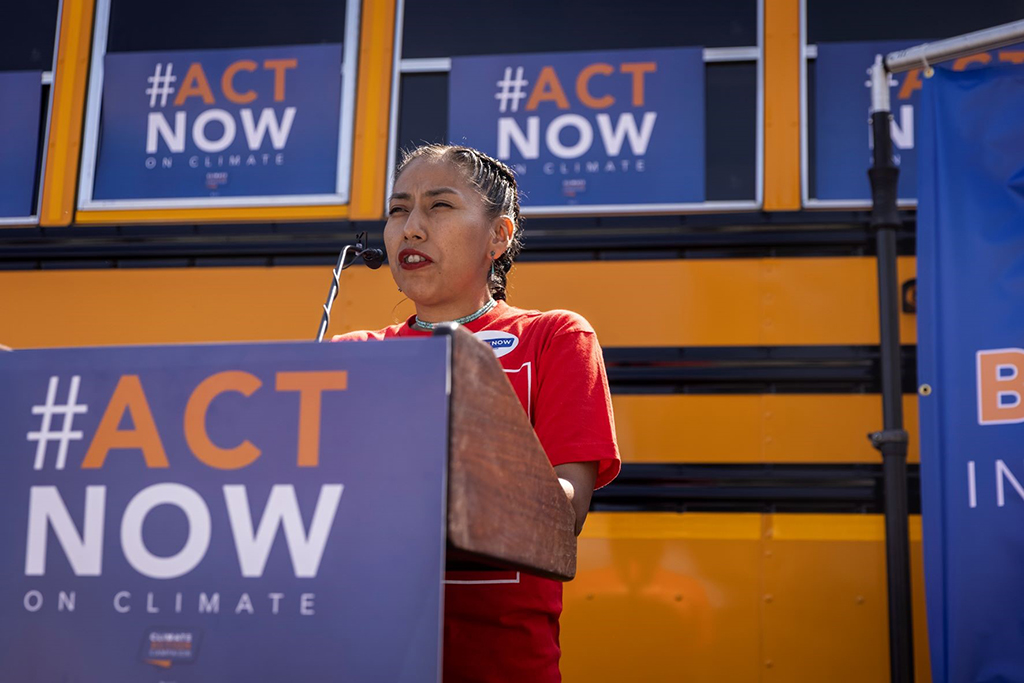
Oliver said her family members often smell crude oil in the late evenings and early mornings. Asthma that’s she struggled with since she was a child gets worse when she works near the Suncor refinery. Friends of hers in the area suffer from vertigo and migraines. Oliver can’t shake the feeling that her community’s health is being sacrificed for the bottom line of an oil and gas company from Canada.
“Suncor doesn’t support our existence,” she claimed. “They don’t support our health. They don’t support the next generation. They use loopholes in environmental regulations to harm us. They regard it as the cost of doing business.”
Though accusations like that against Suncor aren’t unusual in Colorado, public perceptions of the company are much different north of the border. For years the fossil fuel giant has carefully cultivated a corporate image as one of Canada’s most sustainable and socially conscious oilsands firms.
Suncor partners with the Toronto-based Walrus magazine on speaking events about “creating an emissions-free economy.” It frequently declares its solidarity with First Nations, posting recently on its website about its appreciation for “the rich culture and history of Indigenous Peoples.” Suncor was named a 2022 Clean50 honouree, an award given by the Canadian firm Delta Management for “outstanding contributors to clean capitalism.”
The magazine Corporate Knights has several times deemed Suncor among the “Best 50 Corporate Citizens in Canada.”
But it’s a much different story in Colorado, where newspapers like the Denver Post do exposés on Suncor’s illegal air emissions and North Denver community members cram public hearings to try to deny or limit new air permits for the company. When state policy-makers attempted to pass a law this May cleaning up the toxic air that people like Oliver are forced to breathe, Suncor reportedly hired a “powerhouse Denver law firm” to lobby against the legislation.
“Suncor Energy (U.S.A.) Inc. cares deeply about the communities in which we operate throughout Colorado,” a spokesperson wrote to The Tyee in an email. “We take our responsibility as the state’s only refining facility very seriously. We are committed to producing the high-quality fuels and other products — critical to Colorado’s economy — safely and in an environmentally conscious manner.”
Anti-pollution advocates on the ground in Denver aren’t convinced.
“We often joke that Suncor is like the comic book villain,” Becca Curry, Colorado policy counsel for the public interest environmental law organization Earthjustice, told The Tyee. “They have a really bad reputation. Their emissions are hurting people. The community doesn’t trust them. They really are seen as the villain.”
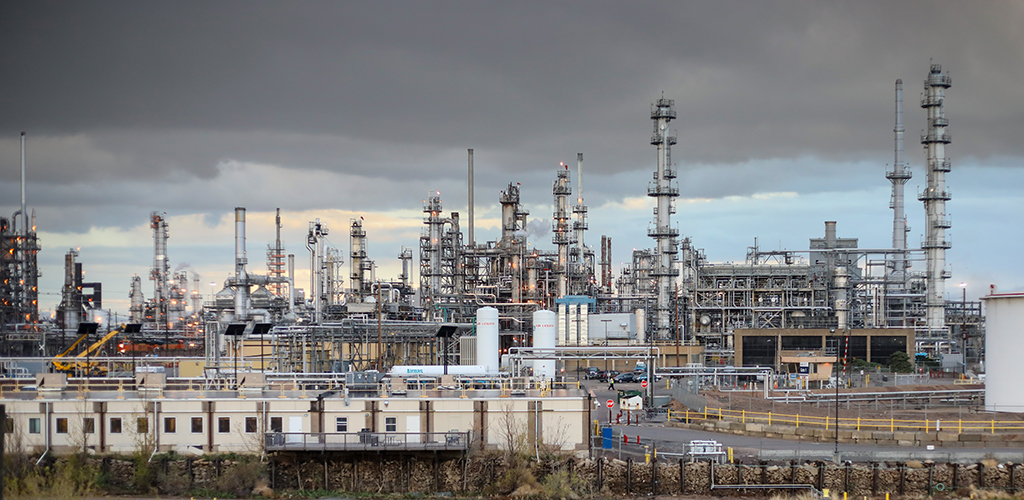
Earlier this year, Democratic lawmakers in Colorado introduced the Public Protections from Toxic Air Contaminants Act, a bill that would empower state regulators to set health-based limits on air pollutants released by companies like Suncor.
“I can’t tell you how many young people have had to miss school because of their issues with asthma and inability to just walk to school because of the air,” Democratic Rep. Serena Gonzales-Gutierrez said at the time. “Study after study has shown… that toxic pollution systemically and disproportionately harms people of colour.”
A report last summer from the Colorado Department of Health and Environment revealed that residents of Commerce City-North Denver — an area where 60 per cent of people identify as Latino and 10 per cent as Black — breathe in some of the highest levels of particulate matter in the entire state.
This is a serious problem, the department noted, because “fine particles can travel deep into the lungs and enter the bloodstream. These particles can cause numerous health impacts, including trouble breathing, asthma attacks and heart issues.”
The department found that while residents experience asthma at rates similar to the rest of the state, they visit emergency rooms for asthma attacks much more frequently. “Industrial activities, including Suncor, are the largest sources of fine particle pollution in Commerce City-North Denver,” the report explains.
“Since purchasing the facility, Suncor has invested more than US$1.3 billion in improvements making it better, not bigger,” the Suncor spokesperson wrote. “We remain focused on continuous improvement.”
But as the Public Protections from Toxic Air Contaminants Act made its way through the state House and Senate this spring, Suncor joined with dozens of corporations and industry groups to lobby against the bill.
“Records show Suncor has also retained a team of lobbyists from powerhouse Denver law firm Brownstein Hyatt Farber Schreck, led by Doug Friednash, a Denver Post columnist and former chief of staff to then-Gov. John Hickenlooper,” Colorado Newsline reported.
The bill “would impose a completely new and complex layer of law and regulation over hazardous air pollutants, using a strict standard that goes beyond any other state in the country,” explains a statement from the Colorado Chamber of Commerce, which counts Suncor as a member. “The bill’s reporting requirements are also incredibly costly and burdensome.”
Suncor defended its lobbying to The Tyee, explaining that “Suncor’s U.S. business does lobby for a seat at the table to discuss legislation that affects our business. All affected stakeholders deserve the opportunity to have their interests understood by lawmakers.”
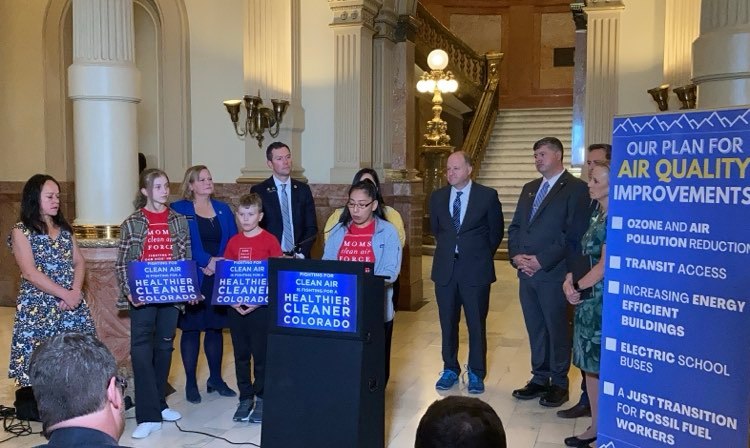
This wasn’t the first time Suncor intervened on regulation that would impose stricter health and environmental controls on its refinery’s air pollution. The Calgary-based company reportedly joined with the American Petroleum Institute and other industry groups last year to lobby for changes to House Bill 1189, a state bill that requires polluters to more rigorously monitor their emissions and set up systems that can alert nearby communities if there’s a hazardous emergency.
That isn’t a theoretical concern. Two years ago, an air blower at Suncor’s Commerce City refinery failed, spewing yellow smoke and ash over Commerce City and causing two schools to go into lockdown.
The House Bill 1189 air pollution monitoring legislation was ultimately approved by lawmakers. And so was this year’s Public Protections from Toxic Air Contaminants Act, which Earthjustice’s Curry expects will be signed into law by the governor in the coming weeks.
Yet Suncor was part of a “forceful corporate opposition to the bill,” she said. “And there were some key provisions of the bill that had to be cut out because of that.” That included a provision ensuring that the state doesn’t grant new air permits if toxic pollution near affected communities is already at unsafe levels, Curry explained.
Oliver says the health and safety of her community feels like collateral damage in these legislative battles. “There’s a disregard for human life,” she said.
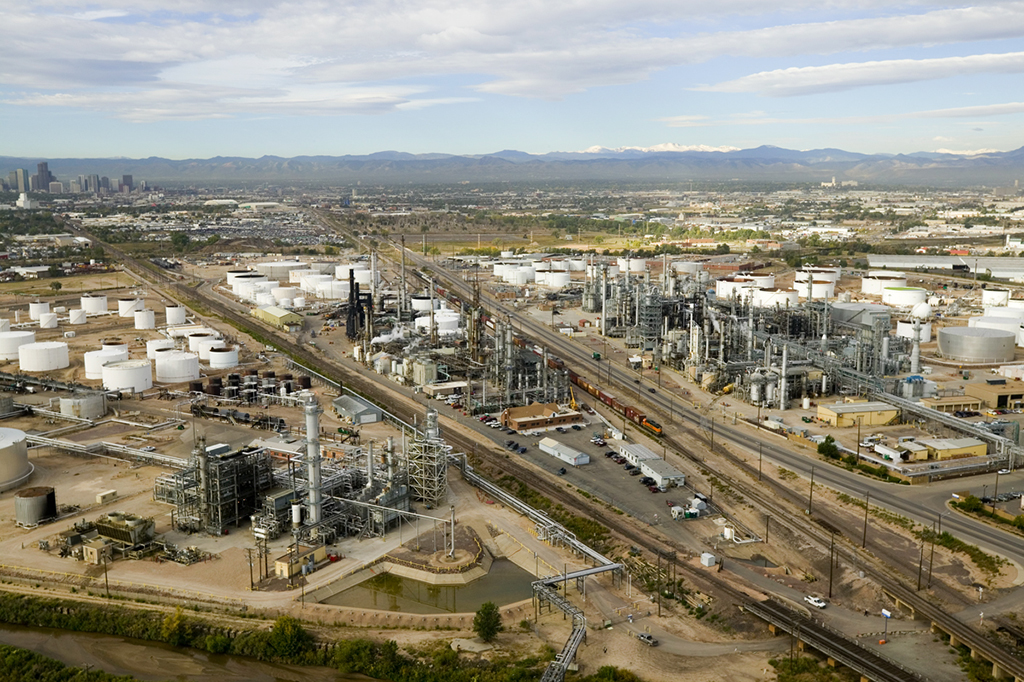
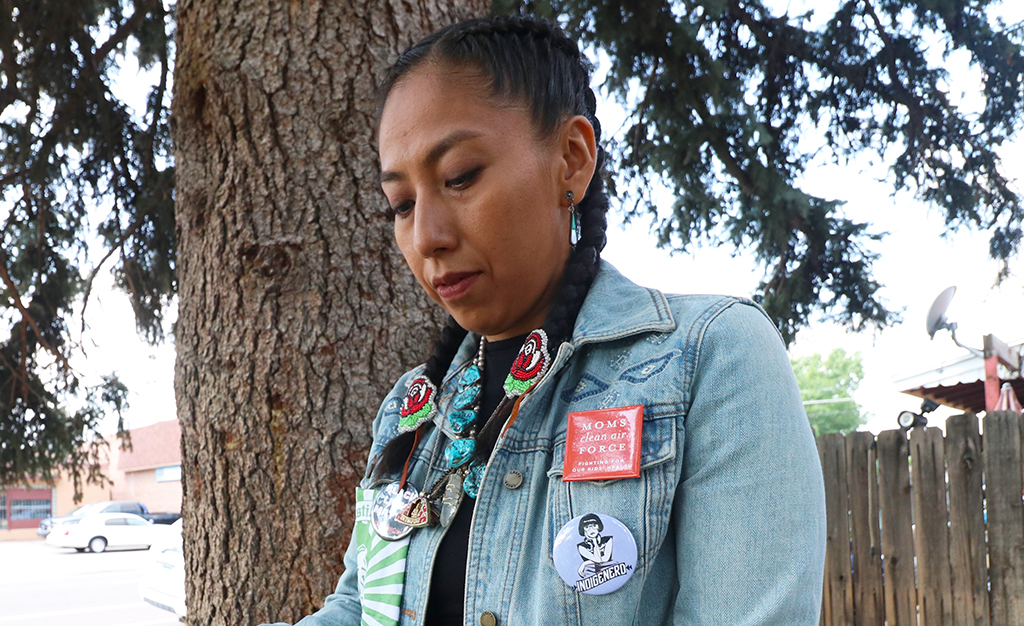
Meanwhile, the conversation about Suncor is anything but critical up in Canada. Last year, the British High Commission in Canada and the Canada Climate Law Initiative named the company’s chief sustainability officer Martha Hall Findlay as one of 26 Canadian climate champions.
“[She] is being celebrated for her work to help move Canada to net-zero emissions, and stands beside other prominent Canadians known for climate change action including David Suzuki,” a post on Suncor’s website explains.
Several months later, Findlay and Suncor were given a Clean50 honour “for harnessing clean tech and innovation to solve emissions challenges.”
That corporate image is burnished through a longstanding partnership with the Walrus magazine, one of Canada’s leading literary and journalism outlets. “Join the sustainability conversation, and let’s transition to a cleaner economy together,” reads a post on the Walrus website for a March 2022 speaking event sponsored by Suncor.
The company is adamant that its commitment to sustainability doesn’t just impact the environment but also its relationship with Indigenous communities. Suncor says that it is on a “Journey of Reconciliation,” whereby it is “progressing the way we think and act to build mutual trust and respect with Indigenous Peoples.”
Crucial to that journey is “listening to Indigenous perspectives” and engaging in “honest and respectful relationship building” with Indigenous people, it explains on its website.
Suncor had an opportunity to do just that last year, when Oliver testified at a hearing to decide whether the company’s expired refinery air permit should be renewed.
“I am an Indigenous mother of four children, a wife, a community member, and an advocate of Indigenous Peoples’ rights over ancestral lands,” she said during her testimony to the Colorado Department of Public Health and Environment.
Oliver led the hearing through a brief history of environmental racism. She described how Indigenous people are often forced through economic circumstances to live near highways, waste sites and oil refineries and how this increases the odds of community members suffering from asthma, heart disease, cancer and other serious health impacts.
In her view this deep historical injustice was being perpetuated by Canada’s top oil and gas producer. “It is beyond time for Suncor to clean up its act,” she said. ![]()
Read more: Energy, Rights + Justice, Environment



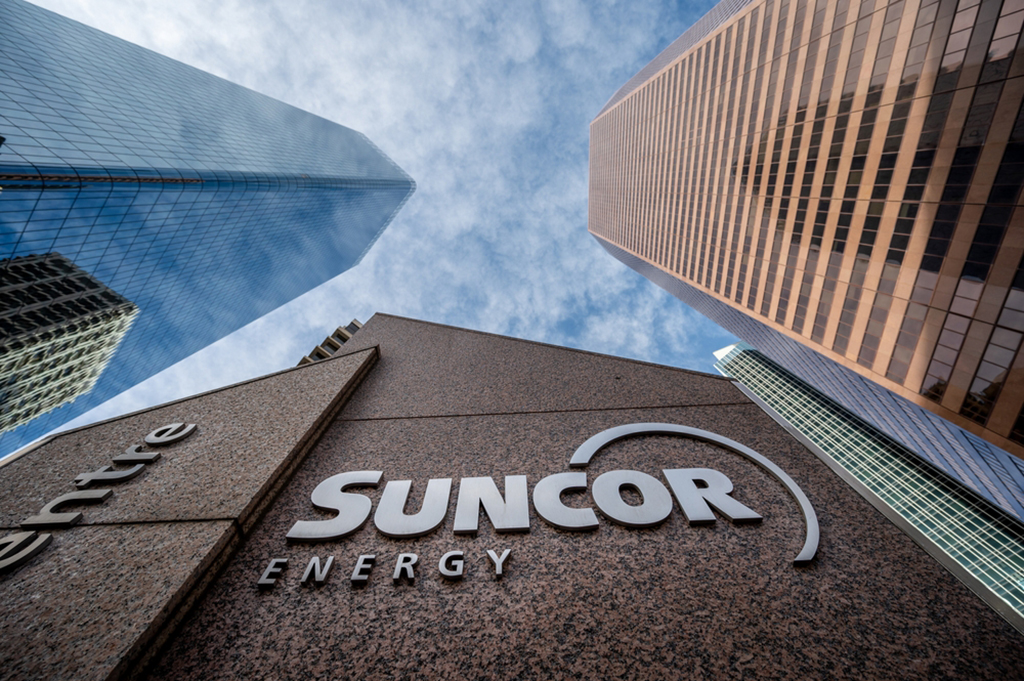












Tyee Commenting Guidelines
Comments that violate guidelines risk being deleted, and violations may result in a temporary or permanent user ban. Maintain the spirit of good conversation to stay in the discussion.
*Please note The Tyee is not a forum for spreading misinformation about COVID-19, denying its existence or minimizing its risk to public health.
Do:
Do not: